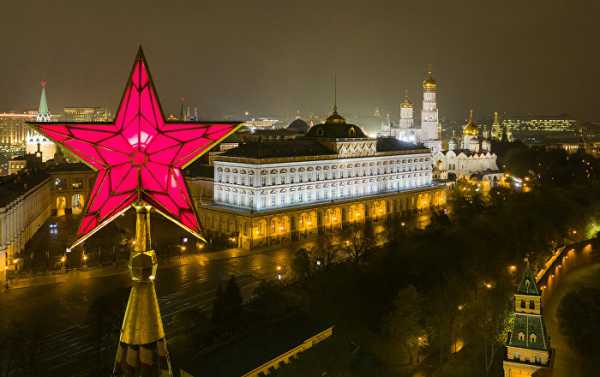
Earlier, Russian President Vladimir Putin expressed disappointment over President Trump’s decision to cancel their planned meeting at the G20 in Argentina, saying the two countries have much to talk about on issues including nuclear strategic stability in light of the US talk of pulling out of the Intermediate-Range Nuclear Forces Treaty.
Russia is ready for the normalization of dialogue with the United States as soon as its American colleagues are prepared to do so, Russian Foreign Minister Sergei Lavrov has said.
“US National Security Advisor to the president John Bolton has approached Yuri Ushakov, Assistant to the Russian President on foreign policy issues, and confirmed that the US side would like to resume and normalize dialogue,” Lavrov said in an interview with Russian television.
“We are ready for this as soon as our colleagues are,” Lavrov noted.
Asked whether he had met with his US counterpart Mike Pompeo at the G20 summit, which wrapped up in Buenos Aires on Saturday, Lavrov said he did not. “No, naturally, I did not chase after him. He did not approach me.”
“To be honest, I don’t even know if he was there or not, because I didn’t see the entire US delegation,” Lavrov added.
Asked when the next meeting between Putin and Trump can be expected, the Russian foreign minister said he didn’t know, and that the wouldn’t even venture to guess.
He added that he could not rule out that last Sunday’s incident in the Kerch Strait, which saw Russia detain three Ukrainian Navy ships and two dozen sailors after they violated Russian maritime borders, may have just been a pretext to break off the anticipated Putin-Trump meeting.
“I am not a supporter of conspiracy theories and all kinds of conspirational speculation. But lately there have been too many coincidences of instances when, on the eve significant events, some kind of provocation suddently occurs, which is then immediately used to intensify sanctions rhetoric,” Lavrov said.
‘Dangerous US Game in Syria’
Commenting on the present situation in Syria, the Russian foreign minister accused the United States of trying to play the “Kurdish card” east of the Euphrates River, saying this “game” was very dangerous.
“Part of the [US’s] actions east of the Euphrates and in other areas of Syria, where they have their special forces and advisors, is playing the ‘Kurdish card’. This is a very dangerous game, given the urgency of the Kurdish issue in a number of countries in the region — not only in Syria, but also Iraq, Iran, and of course Turkey,” Lavrov explained.
According to the foreign minister, it is becoming “obvious” that the Western powers involved in the Syrian conflict have no alternative constructive strategy to the one outlined by Russia, Iran and Turkey at Astana. This is evidenced by the fact that the United States has engaged in “trying to form quasi-state structures” in Kurdish-controlled territories in eastern Syria, “pouring hundreds of millions of dollars into rebuidling these areas so that people could resume normal, peaceful lives, while refusing to restore the infrastructure in territories controlled by the Syrian government,” Lavrov said.
Putin-Trump Meeting No-Go
President Donald Trump unexpectedly cancelled his meeting with President Putin at the G20 in Buenos Aires on Thursday after being briefed on the Kerch Strait incident. Trump tweeted that he would put off a high-level meeting with his Russian counterpart until the “situation” surrounding the detained Ukrainian ships and sailors was “resolved.” Putin expressed disappointment over Trump’s decision, saying there were important “issues of strategic stability” to be discussed “in light of the president’s announcement that he plans to pull the US out of the INF Treaty.”
Trump announced plans to withdraw from the Intermediate-Range Nuclear Forces Treaty in October, accusing Russia of violating its provisions. The arms control treaty, signed by the US and the USSR in 1987, prohibited the two countries from developing and fielding ground-based nuclear ballistic and cruise missiles in the 500-5,500 km range. Russia has denied claims that it has violated the treaty, and pointed to obvious violations of the treaty by Washington, including the deployment of dual-use missile defence shield components in Romania and Poland. Along with Moscow, Washington’s European allies have expressed concerns over US intentions to scrap the INF.
Sourse: sputniknews.com






